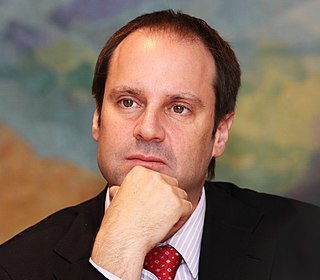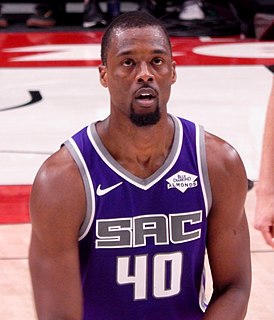A Quote by Franklin Foer
One of the fantastic things about Silicon Valley is that it's both the birthplace of technology and it was one of the birthplaces of the counterculture. The Internet and the personal computer were going to be like the communes, where we would all be networked together, and we would be able to achieve this state of global consciousness.
Related Quotes
If I were starting now I would do things very differently. I didn't know anything. In Silicon Valley, you get this feeling that you have to be out here. But it's not the only place to be. If I were starting now, I would have stayed in Boston. [Silicon Valley] is a little short-term focused and that bothers me.
Silicon Valley is actually a prime target for an ICBM missile strike. It occurred to me as I has touring Apple Park that if I was concerned about Americans' safety and the symbol of America's future I would think that those is Silicon Valley as the most vulnerable. That's where you would be attacking the future economy.
Silicon Valley, after all, feeds off the existence of computers, the internet, the IT systems, satellites, the whole of micro electronics and so on, but a lot of that comes straight out of the state sector of the economy. Silicon Valley developed, but they expanded and turned it into commercial products and so on, but the innovation is on the basis of fundamental technological development that took places in places like this [MIT] on government funding, and that continues.
One of the things that's exciting for me about this novel is that, to me, Brookland and The Testament of Yves Gundron were both, in certain regards, crypto-steampunk. They're both books that are interested in an alternate technological past that in fact didn't historically come to pass. If you were to ask me what my novels were about, I would say, well, these are novels about technology and how we relate to technology and what technology means.
I really knew almost nothing about Silicon Valley. I read that Steve Jobs book and watched a bunch of documentaries, and read the book about Mark Zuckerberg. I tried to learn some stuff, but there are consultants on the Silicon Valley show that know so much about it where you can get answers. To me, it's more important to get the particulars about that type of person as opposed to the specifics of the technology world.
'Crash' was incredibly personal to me. So was 'In the Valley of Elah.' There were things in 'The Next Three Days' that were questions I was asking myself but couldn't answer, like how far would you go for love? Can you believe in somebody who can't even believe in themselves? But this is highly personal.
The Silicon Valley companies are not understating that they are so politically and socially and culturally central in the world. They would probably never have thought that they would become like this. But now that they are, what are they gonna do about it? I have a lots of friends who work in these companies: it's about taking responsibility.
When I first moved to Hollywood from Silicon Valley, I had some misgivings. But I found that there were some advantages to being in Hollywood. And, in fact, some advantages to owning your own media company. And I also found that Hollywood and Silicon Valley have a lot more in common than I would have dreamed.





































